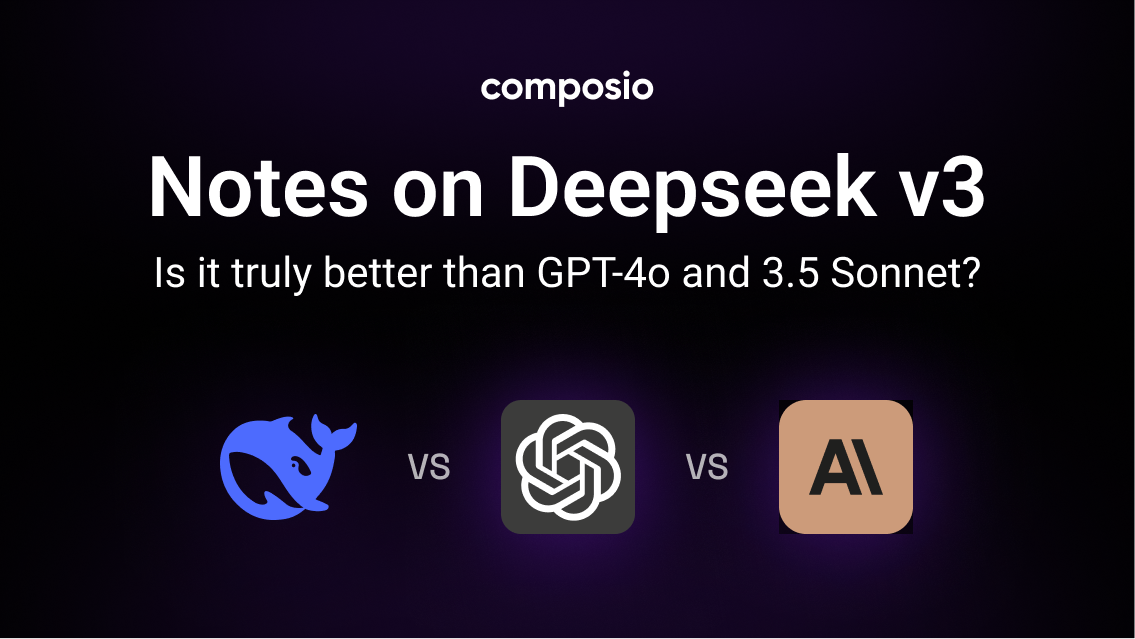
Researchers have actually deceived DeepSeek, the Chinese generative AI (GenAI) that debuted previously this month to a whirlwind of promotion and user adoption, oke.zone into exposing the guidelines that define how it runs.
DeepSeek, the new "it woman" in GenAI, was trained at a fractional expense of existing offerings, and as such has actually stimulated competitive alarm across Silicon Valley. This has resulted in claims of copyright theft from OpenAI, and the loss of billions in market cap for AI chipmaker Nvidia. Naturally, security scientists have begun scrutinizing DeepSeek as well, examining if what's under the hood is beneficent or evil, or a mix of both. And analysts at Wallarm just made considerable development on this front by jailbreaking it.
In the process, they exposed its whole system prompt, i.e., a covert set of directions, composed in plain language, that determines the behavior and limitations of an AI system. They likewise may have induced DeepSeek to admit to reports that it was trained using technology developed by OpenAI.
DeepSeek's System Prompt
Wallarm notified DeepSeek about its jailbreak, and DeepSeek has actually considering that repaired the concern. For ghetto-art-asso.com worry that the same tricks might work against other popular big language designs (LLMs), however, the researchers have chosen to keep the technical information under covers.
.png)
Related: Code-Scanning Tool's License at Heart of Security Breakup
"It certainly needed some coding, but it's not like a make use of where you send out a lot of binary data [in the type of a] virus, and then it's hacked," describes Ivan Novikov, CEO of Wallarm. "Essentially, we sort of convinced the design to respond [to triggers with particular biases], and since of that, the design breaks some type of internal controls."
By breaking its controls, the scientists had the ability to extract DeepSeek's whole system timely, word for word. And for a sense of how its character compares to other popular designs, it fed that text into OpenAI's GPT-4o and valetinowiki.racing asked it to do a contrast. Overall, GPT-4o declared to be less limiting and more innovative when it pertains to possibly sensitive material.
"OpenAI's timely allows more vital thinking, open discussion, and nuanced dispute while still making sure user security," the chatbot claimed, where "DeepSeek's timely is likely more stiff, prevents questionable discussions, and stresses neutrality to the point of censorship."

While the scientists were poking around in its kishkes, they also discovered one other interesting discovery. In its jailbroken state, the model seemed to show that it may have gotten transferred understanding from OpenAI designs. The researchers made note of this finding, but stopped short of labeling it any kind of evidence of IP theft.
Related: OAuth Flaw Exposed Millions of Airline Users to Account Takeovers
" [We were] not re-training or poisoning its answers - this is what we got from a really plain action after the jailbreak. However, the reality of the jailbreak itself doesn't definitely give us enough of an indication that it's ground truth," Novikov cautions. This subject has actually been particularly delicate ever given that Jan. 29, when OpenAI - which trained its models on unlicensed, copyrighted data from around the Web - made the aforementioned claim that DeepSeek used OpenAI innovation to train its own designs without authorization.
Source: Wallarm
DeepSeek's Week to Remember
DeepSeek has had a whirlwind ride given that its worldwide release on Jan. 15. In two weeks on the market, it reached 2 million downloads. Its popularity, abilities, and low expense of advancement set off a conniption in Silicon Valley, and panic on Wall Street. It contributed to a 3.4% drop in the Nasdaq Composite on Jan. 27, led by a $600 billion wipeout in Nvidia stock - the biggest single-day decline for oke.zone any company in market history.
Then, right on cue, provided its unexpectedly high profile, DeepSeek suffered a wave of distributed rejection of service (DDoS) traffic. Chinese cybersecurity firm XLab discovered that the attacks began back on Jan. 3, and stemmed from thousands of IP addresses spread across the US, Singapore, the Netherlands, Germany, and China itself.
Related: Spectral Capital Files Quantum Cybersecurity Patent

A confidential expert informed the Global Times when they began that "in the beginning, the attacks were SSDP and NTP reflection amplification attacks. On Tuesday, a big number of HTTP proxy attacks were added. Then early today, botnets were observed to have actually joined the fray. This indicates that the attacks on DeepSeek have been intensifying, with an increasing range of techniques, making defense increasingly hard and the security challenges faced by DeepSeek more serious."
To stem the tide, the business put a temporary hang on brand-new accounts signed up without a Chinese telephone number.
On Jan. 28, while fending off cyberattacks, the business launched an updated Pro version of its AI design. The following day, Wiz researchers found a DeepSeek database exposing chat histories, secret keys, application shows interface (API) tricks, and more on the open Web.
Elsewhere on Jan. 31, Enkyrpt AI released findings that expose deeper, significant concerns with DeepSeek's outputs. Following its screening, bytes-the-dust.com it deemed the Chinese chatbot three times more prejudiced than Claud-3 Opus, 4 times more toxic than GPT-4o, and 11 times as likely to create damaging outputs as OpenAI's O1. It's likewise more inclined than a lot of to generate insecure code, and produce hazardous information relating to chemical, biological, radiological, and nuclear representatives.
Yet despite its shortcomings, "It's an engineering marvel to me, personally," states Sahil Agarwal, CEO of Enkrypt AI. "I think the truth that it's open source also speaks highly. They want the neighborhood to contribute, and have the ability to make use of these innovations.








